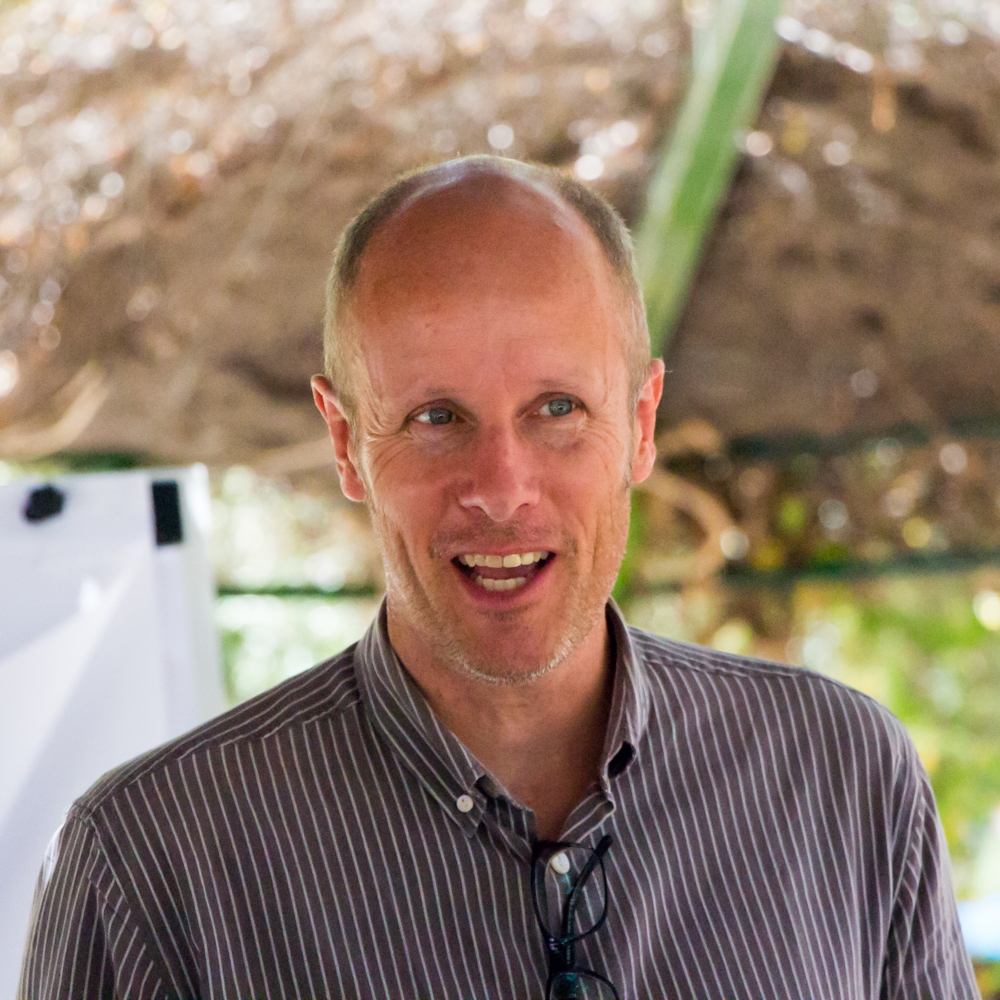This website uses cookies so that we can provide you with the best user experience possible. Cookie information is stored in your browser and performs functions such as recognising you when you return to our website and helping our team to understand which sections of the website you find most interesting and useful.

By Michael Weatherhead, WEAll Organisation and Projects lead
The WEAll Amp team recently moved to a four-day working week. Why did we do this? We felt it was important for us to ‘walk the talk’ of a Wellbeing Economy – and a four-day work week is one of the many policies held up as contributing to just such an economy.
The reasons given in support of a reduced working week are many and range from the social to the environmental via the economic.
From a personal/social perspective, a flexible four-day week provides staff with a greater flexibility to balance commitments outside of work. Commitments may be domestic including childcare, and may also be in community activities or volunteer spaces or simply time to learn a new skill. As the quote attributed to Oscar Wilde puts it, “The trouble with socialism is that it takes up too many evenings”: a fair enough sentiment when the average working week in the late 1800s was 12 hours per day, six days per week.
In relation to the environment, greater flexibility and reduced workdays can have significant environmental benefits in terms of reduced transport costs and pollution[1]. As countries emerge from lockdowns imposed in response to the pandemic, a four-day work week and flexible working arrangements can bake in a percentage of the carbon footprint saving caused by the lockdown.
The idea that a reduced work week can also be good for economic recovery is not a new one. The five-day work week was officially adopted in the United States in the early 1930s in response to the Great Depression. Lower per capita working hours expanded the number of jobs available in the system at the time.
Even earlier than that, in the 1920s Henry Ford instigated the 40-hour work week with a two-day weekend, in part to provide time for workers to use their incomes in the consumption and enjoyment of other goods, supporting the circulation of money around the economy. Fast forward to 2020, the same argument was made by the government of New Zealand, that a four-day work week could provide New Zealanders with more free time thus boosting local tourism[2].
Lastly, early evidence[3] indicates that productivity increases when shifting from a five-day to a four-day/32-hour week.
The WEAll Amp team’s own journey of first exploring and then moving to a four-day working week involved speaking with several organisations that had transitioned to a four-day week. Each had adopted a different approach to the four-day week. One had moved from five to four days for full time staff and increased (pro-rata) the hourly equivalent wage for part-time staff. This was coupled with a decrease in the holiday allowance. Another operated a compressed hours model, shifting to a four-day work week from five, but with the same hours and with no changes in holiday allowance; yet another adopted a move to a four-day week – a 20% reduction in full-time staff hours, with a 10% reduction in pay for full-time staff and with the pay for part-time staff left unaffected.
The WEAll Amp team has as many people on part-time contracts as it does full-time. Adopting the first of the above approaches mentioned would therefore imply a budgetary impact. At this stage of our development, this was not an impact that we felt we could absorb. What was most valued by the team was the flexibility a four-day week provides. Thus, to the outside world, we now operate a four-day week (closed on Friday) but with flexibility for full time team members to compress their 35 hours in any way they wish.
It may be the case that we will arrive at a four-day week of 30-32 hours in the future (with the associated uplift in part-time pay), but for now, WEAll has taken the first important step on our organisational journey to a working week better aligned with the Wellbeing Economy vision.
[1] https://cepr.net/documents/publications/energy_2006_12.pdf
[2] https://www.weforum.org/agenda/2020/05/new-zealand-jacinda-ardern-4-day-week-pandemic-productivity
the discussion?
Let us know what
you would like
to write about!

